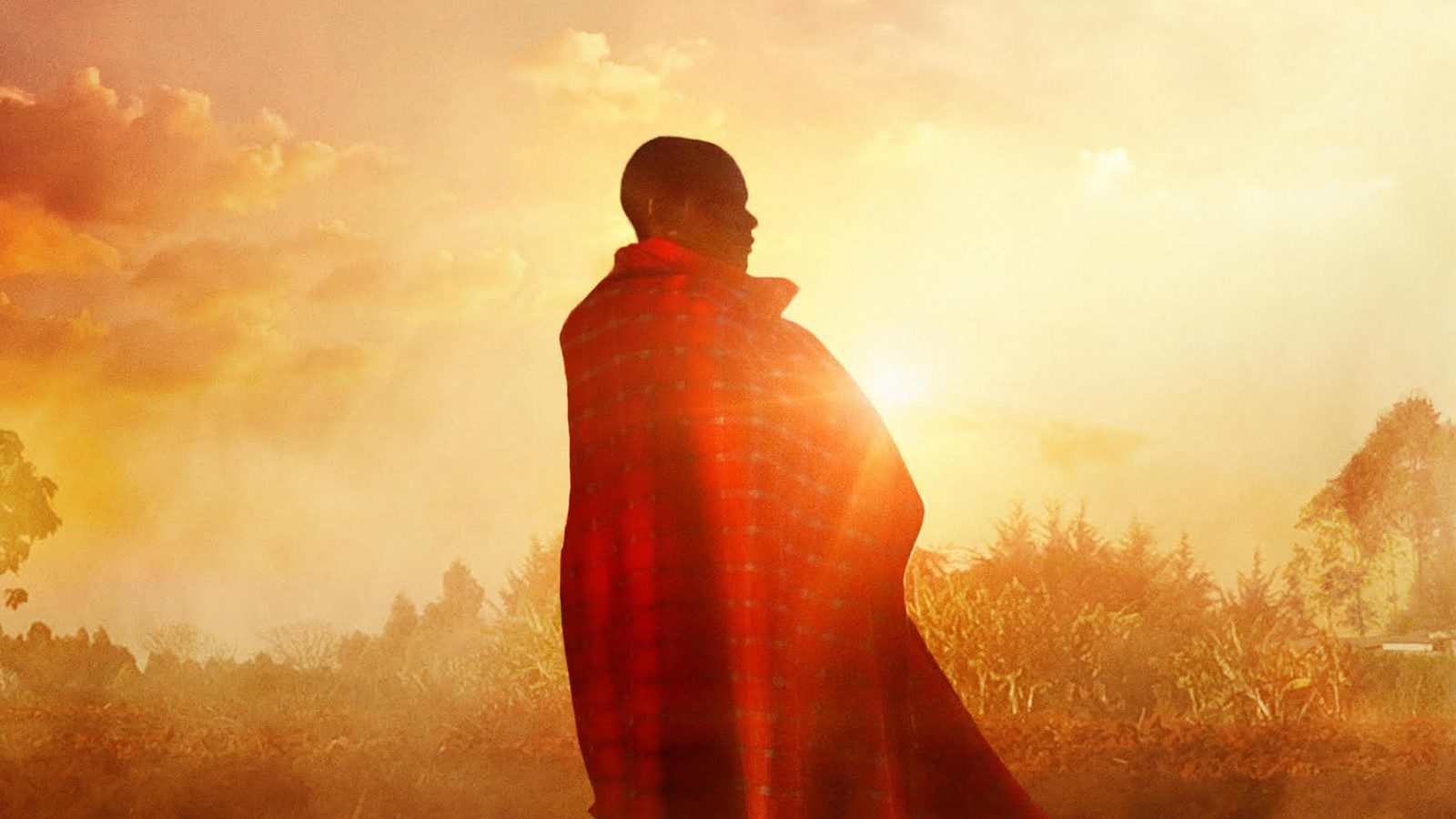From Feb. 18-22, Human Rights Watch Canada showcased a selection of their films for Toronto’s 18th annual Human Rights Watch Film Festival, a cinematographic exhibition that celebrates diverse human perspectives from around the world. With COVID-19 disrupting the festival’s typical execution, Canadian cinematographer and festival co-chair Nicholas de Pencier discussed how the team adapted their original vision to a virtual format.
“This year’s festival looks radically different from last year’s and the many previous years,” Pencier said in an interview with The McGill Tribune. “We would gather for a number of nights in the winter in a theatre and have that sense of community around films that resonate issues of human rights [….] The whole team has had to reimagine what a festival looks like in the constraints of being limited to a virtual iteration [….] In fact, there [have been] some wonderful bonuses.”
Pencier is referring to the festival’s free charge and its online accessibility for this edition. All five films—A La Calle, I am Samuel, Love Child, Maxima, and Wake Up on Mars—were posted on the festival’s website. Anyone who registered for the event could watch them any time over the festival’s four-day period.
“Before, if there was a film that you really wanted to see and it was a Tuesday night, you had to be free to come down to the Bloor Cinema in downtown Toronto,” Pencier said. “This year, if you live anywhere in the country, you can download the film at your leisure, at a time that’s convenient to you [….] That’s a huge bonus in terms of its accessibility.”
The festival’s featured films explored the challenges and hardships that people face worldwide. I am Samuel, directed by Peter Mirumi, follows Samuel, a gay man living in Kenya, where laws and cultural values discriminate against queer people. Samuel is caught between two lives: His relationship with his partner in Nairobi brings him joy; however, his sexual identity creates tension with his family, who are farmers in rural Kenya. The film’s tense display of these difficult circumstances is moving.
“There’s a real sort of buzz about films that are new, that are vibrant, that will inspire you and raise your consciousness about really important things,” Pencier said. “[In] I am Samuel, where the struggles to live a queer identity in certain countries are just so formidable, […] the bravery of people who don’t deny their identity is really heartwarming and edifying to learn about through a film like this. [It] has a really intimate access to the protagonist.”
Other films, such as Maxima by Claudia Sparrow, showcased environmental injustices and Indigenous sovereignty issues. In Maxima, Indigenous Peruvian environmental activist and farmer Máxima Acuña fights the Newmont Mining Corporation for her family’s right to remain on their land. The film displays beautiful vistas of the Peruvian Highlands, which emphasize the land’s significance to Acuña and her family as they try to protect it from an intimidating and exploitative company.
“I really get a sense of [Máxima] and her personal struggle,” Pencier said. “This Herculean effort that she has to make against an adversary that so many people would give up [on], would be afraid [of], would cave in to, [and] she doesn’t. It’s this wonderfully intimate story and knowledge of her that resonates the much broader theme of Indigenous peoples, the sovereignty of the land that they are on, and the exploitation of their land by huge, powerful colonial interests.”
The film’s topics, which ranged from struggles for democracy to the lived experience of refugees, shared a humanitarian outlook that brought viewers new perspectives on their own lives, and those of others.
“As soon as there is an awareness of suffering anywhere in the world, all of us as moral beings have to try and reconcile what we have as capital that we might apply to ease that suffering,” Pencier said. “Film has the power to move you emotionally.”








